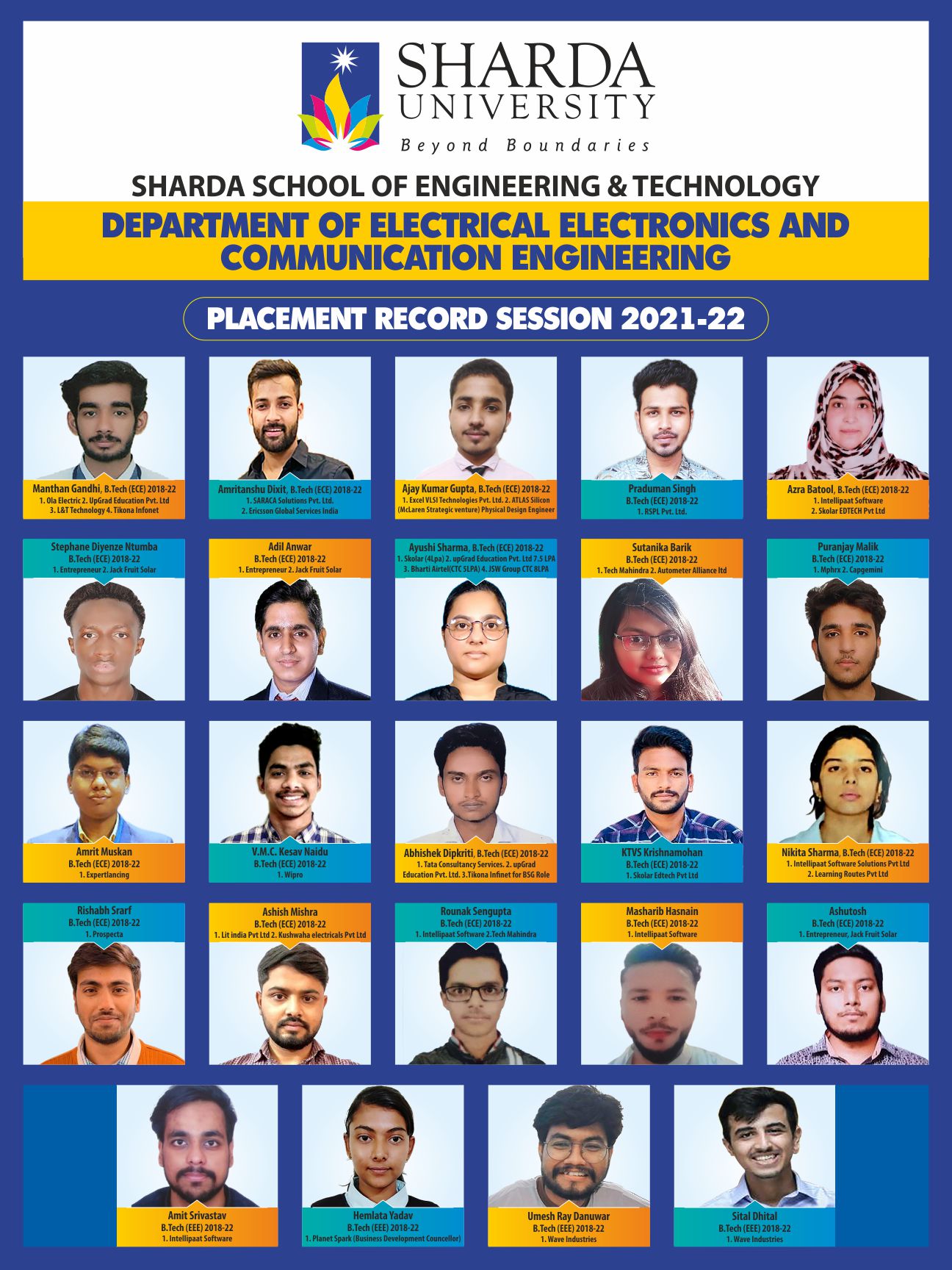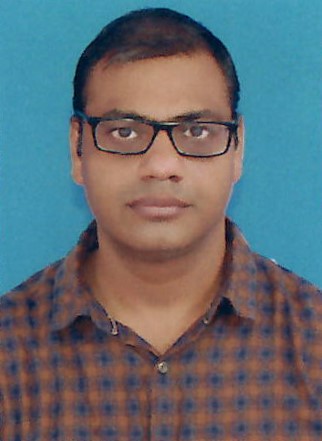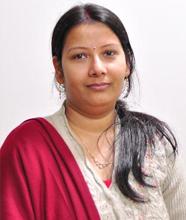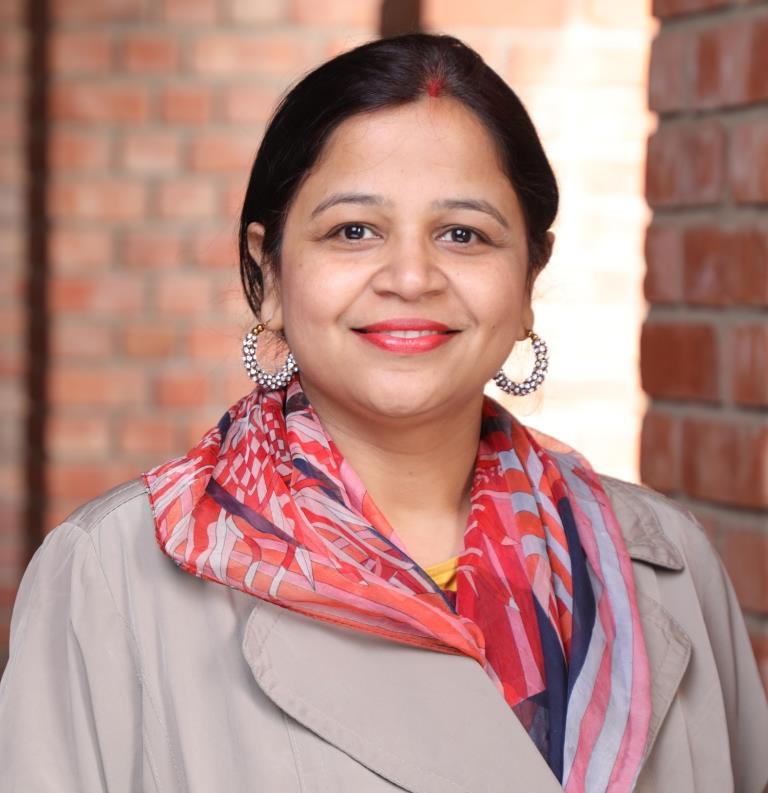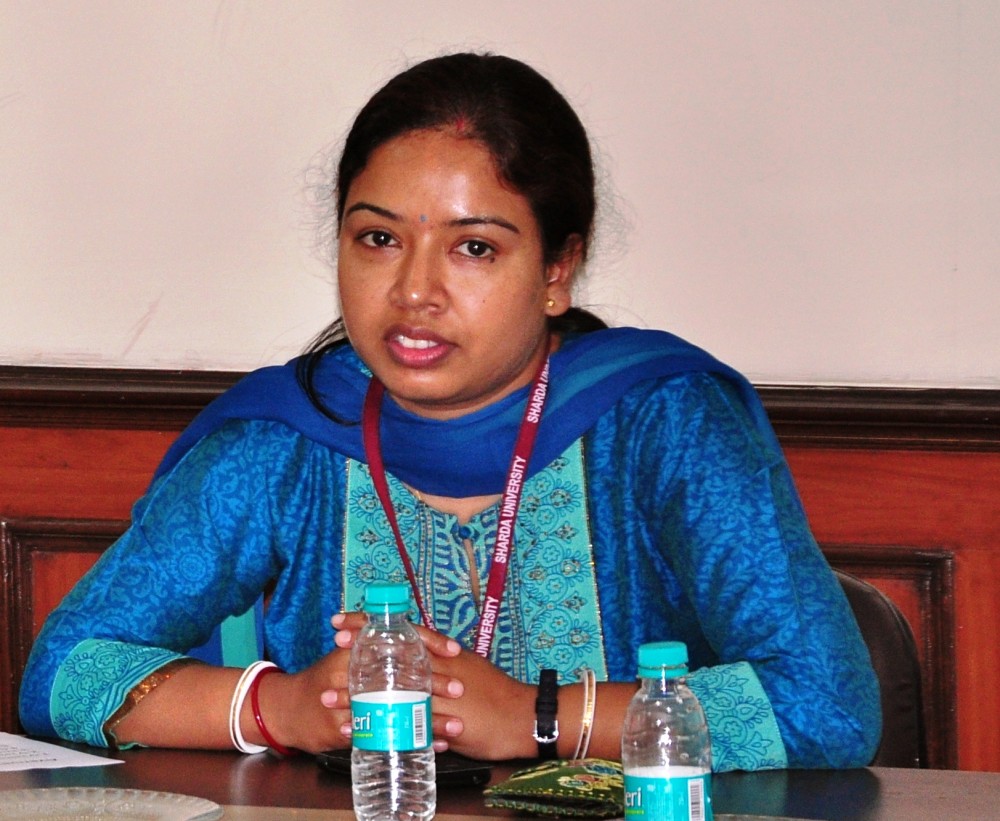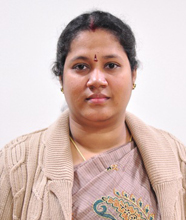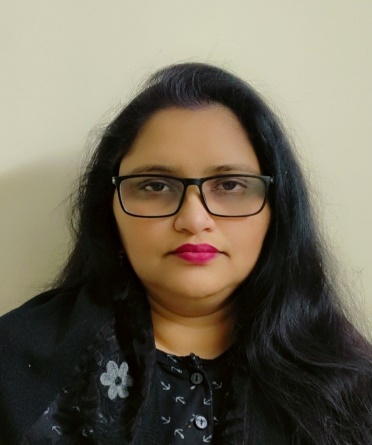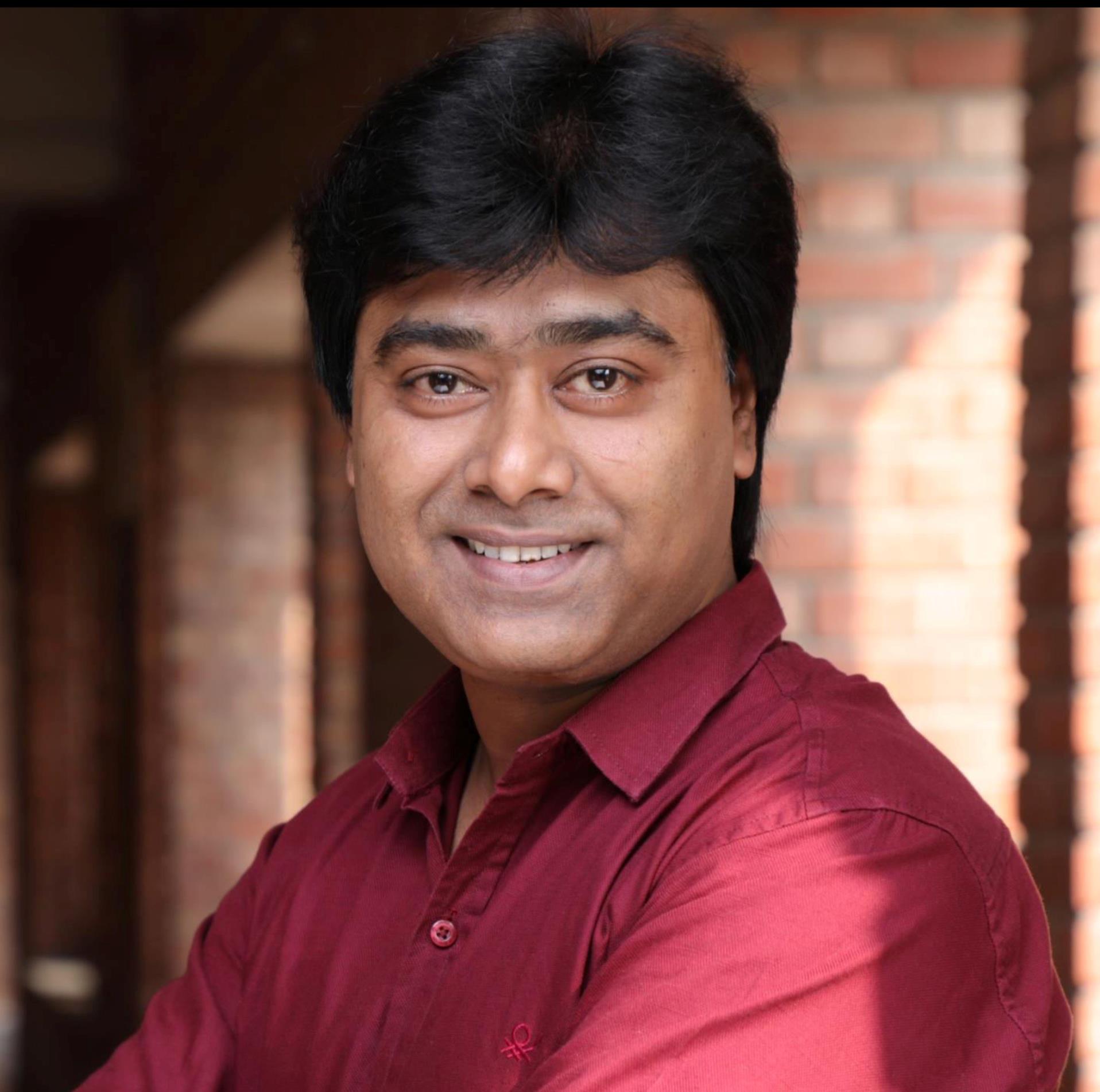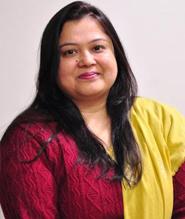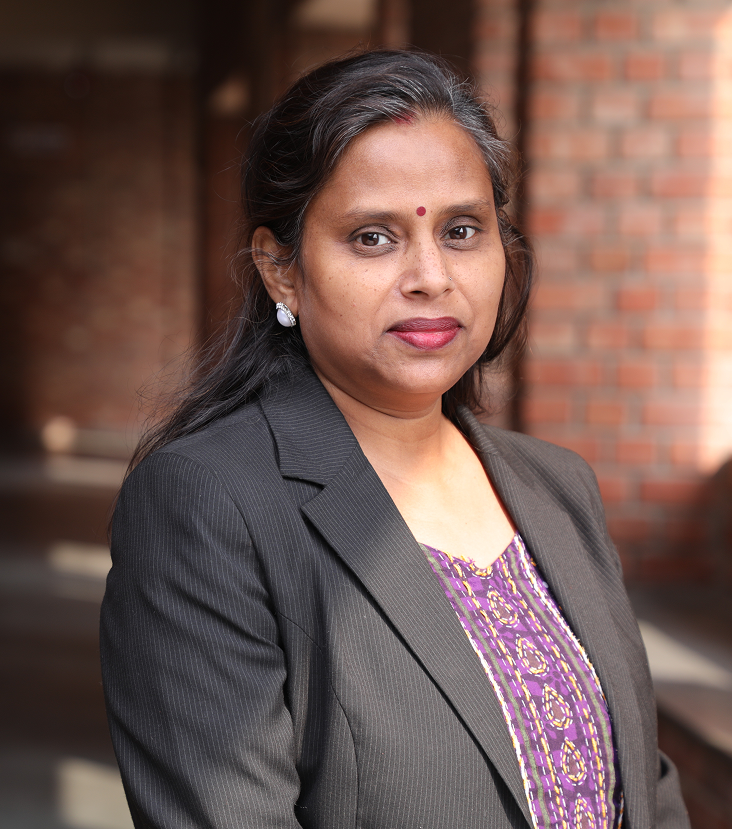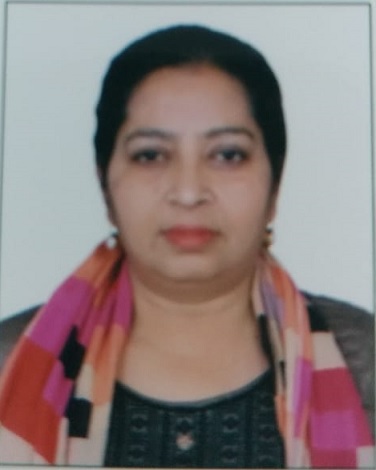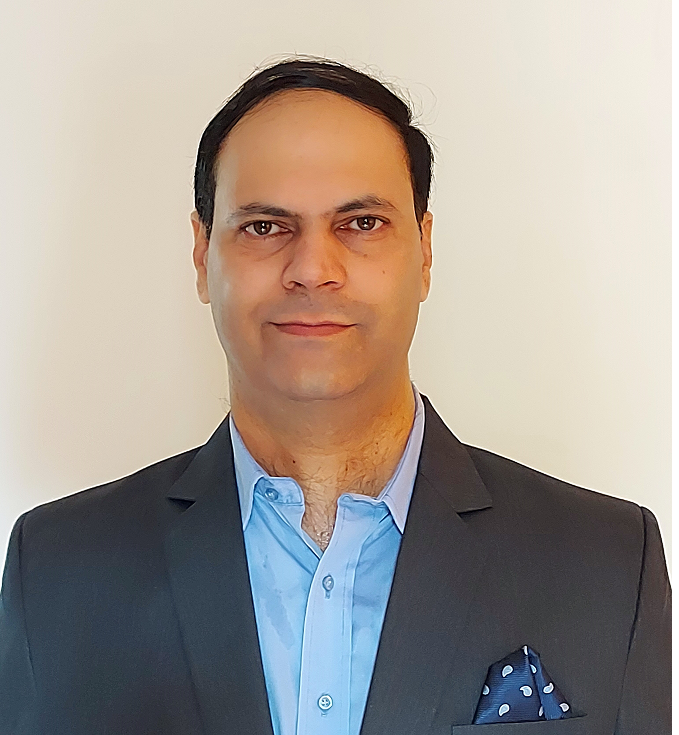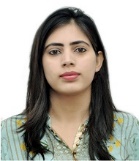About Department
Department of Electrical Electronics and Communication Engineering (EECE) shares the vision and mission of Sharda University in imparting quality education to the students to meet the national and global challenges by providing a stimulating and flexible learning environment for its students as well as faculty.
The Department of EECE is one of the premier departments of the School of Engineering and Technology, Sharda University. Both of its B.Tech Programmes( Electrical & Electronics Engineering and Electronics & Communication Engineering) are Accredited by the National Board of Accreditation(NBA).
In this era of globalization where the whole world is well knit and networked, Electronics and Communication Engineering is the most sought after engineering branch among budding Engineers. The Department of EECE offers B. Tech., M. Tech. and Ph. D. programmes to cater the needs of supplying the best professionals in Electronics and Communication Engineering and Electrical and Electronics Engineering at national and international level.
The Department is equipped with excellent research facilities in the field of VLSI design, Microwave Engineering, High-speed Networking and Communication, Embedded Systems, Intelligent Systems, Parallel Bus Architecture and Designing high-performance systems, Signal Processing, Biomedical Instrumentation, Control Engineering Renewable Energy and Power Engineering.
Electrical and Electronics engineers are working today in all spheres of modern society, be it internet, cellular communication, satellites, industrial control systems, power systems, non conventional energy sources or DC and AC transmission systems.
VISION
To become an internationally acclaimed destination of academic excellence in the discipline of Electrical, Electronics and Communication Engineering by promoting research, innovation and entrepreneurship to serve society.
MISSION
- M1-To provide comprehensive technical knowledge in Electrical, Electronics and Communication Engineering.
- M2- To facilitate and foster the industry-academia collaboration to enhance technical skills and employability.
- M3- To promote interdisciplinary and multi-disciplinary research, innovations and entrepreneurship to serve society.
- M4- To develop core values, professional ethics and lifelong learning skills through interactive support systems.

.jpg )
